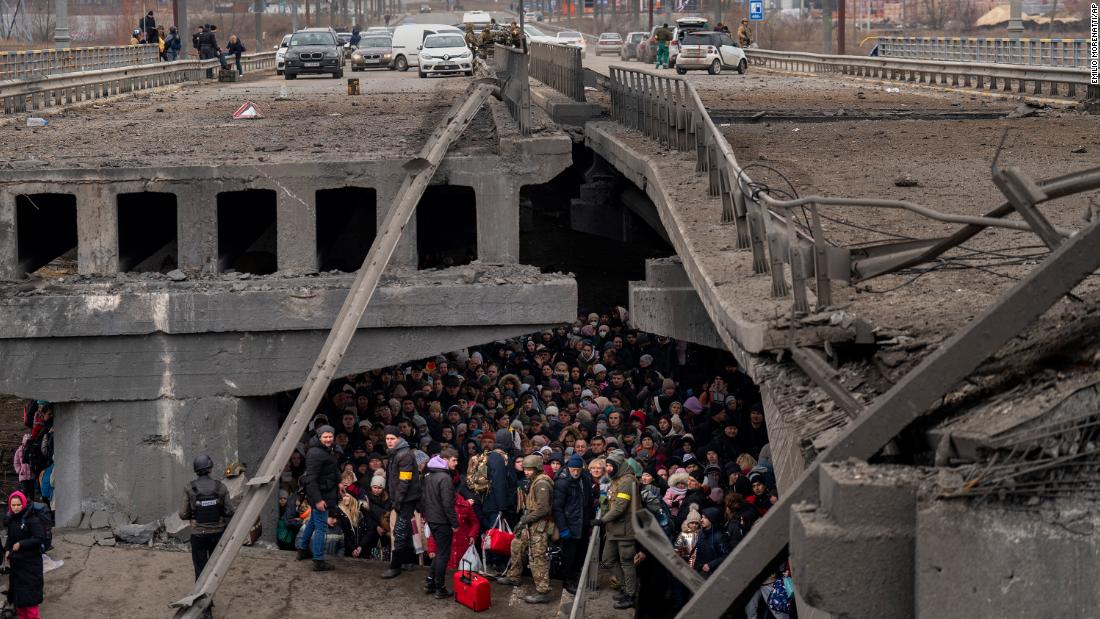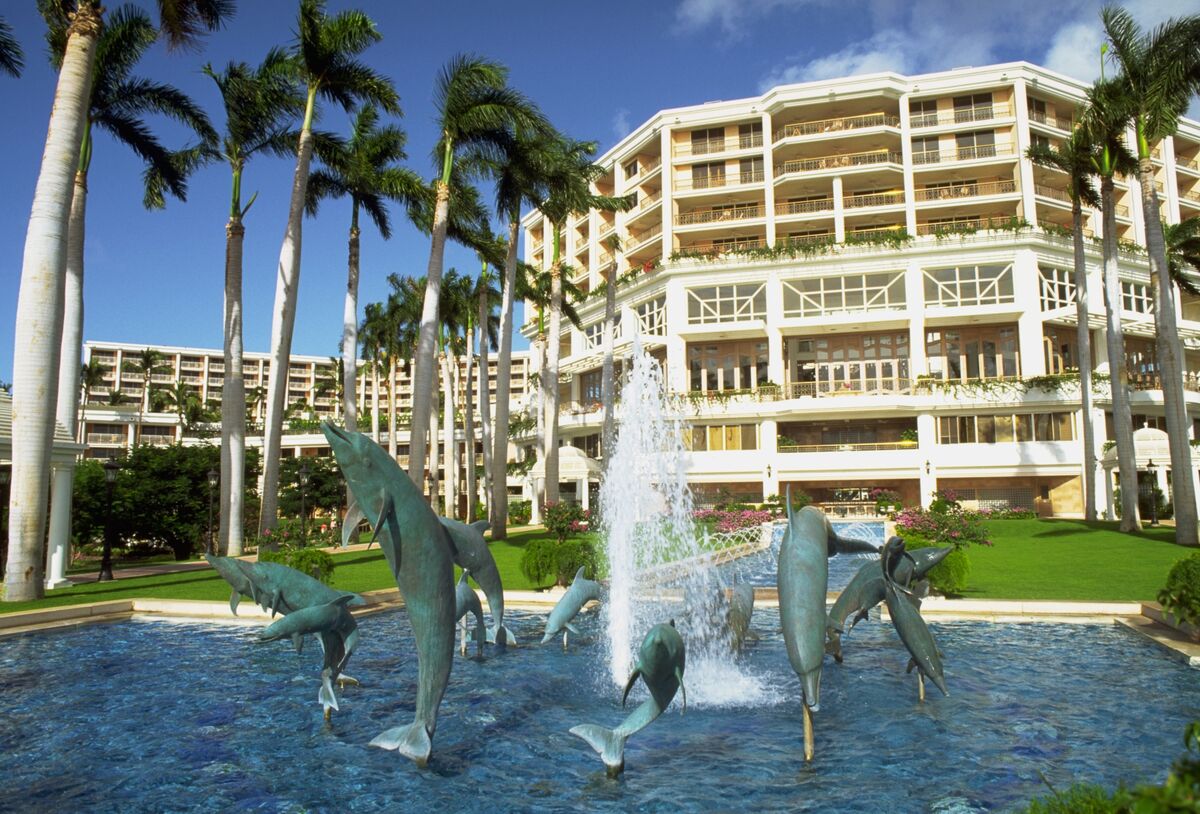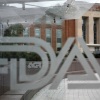US tech stocks slipped on Friday as investors pivoted away from companies that had led markets higher for much of this year.
The S&P 500, Wall Street’s main equity benchmark, fell 1.1 per cent on Friday, while the tech-heavy Nasdaq Composite dropped 1.5 per cent. Elon Musk’s electric-car maker Tesla was among the biggest laggards, falling 5 per cent, while chipmaker Nvidia dropped 2.1 per cent.
“I watch probably 30 different [market indicators] and they’re all down today,” said Jack Ablin, chief investment officer at Cresset Capital. “This was just widespread selling without much enthusiasm.”
Tech stocks have rallied strongly this year, as investors bet artificial intelligence would drive demand for everything from servers to microchips. The gains accelerated after Donald Trump’s election victory in November on bets that the president-elect would usher in more business-friendly policies when his term begins next month.
However, the sector has been choppier in recent weeks as investors reassess their best-performing holdings at the end of the year. The Federal Reserve also sparked ructions last week when it forecast only two quarter-point rate cuts next year, compared with its September forecast of four, as officials fretted about growing risks that inflation becomes lodged well above the central bank’s 2 per cent target.
The hawkish projections have pushed up US long-term borrowing costs, with the 10-year Treasury yield rising to 4.63 per cent on Friday, compared with lows in September of about 3.6 per cent. Higher yields typically tarnish the appeal of holding shares in fast-growing companies.
Citigroup analysts on Friday said that while they still forecast the S&P 500 will rise about 10 per cent from current levels by the end of next year, they expect a “more volatile leg of the bull market ahead”.
The US bank noted this year’s gains in stock prices compared with corporate profits were “setting a high bar for fundamentals in the year ahead, and even the year after”. The S&P 500 trades at about 22.2 times expected earnings over the next year, compared with the average over the past decade of 18.1, according to FactSet data.
Greg McBride, chief financial analyst at Bankrate.com, said that, “even with that volatile Friday, the market’s still higher than it was on Monday”.
He said: “Markets don’t go straight up, and a pullback often serves as a foundation for the next market advance.”
The S&P 500 is still up 25 per cent year-to-date even after Friday’s pullback, roughly on a par with the previous year’s gains.
The so-called Magnificent 7 Big Tech stocks — Apple, Microsoft, Meta, Amazon, Alphabet, Nvidia and Tesla — have been responsible for roughly half of the S&P 500’s total returns, including dividends, this year, said Howard Silverblatt at S&P Dow Jones Indices.
All of the Magnificent 7 shares declined modestly on Friday, however.
Trading activity is typically lighter than usual during the holiday period, something that can exacerbate volatility.


























/cdn.vox-cdn.com/uploads/chorus_asset/file/24924653/236780_Google_AntiTrust_Trial_Custom_Art_CVirginia__0003_1.png)




/cdn.vox-cdn.com/uploads/chorus_asset/file/25672934/Metaphor_Key_Art_Horizontal.png)

